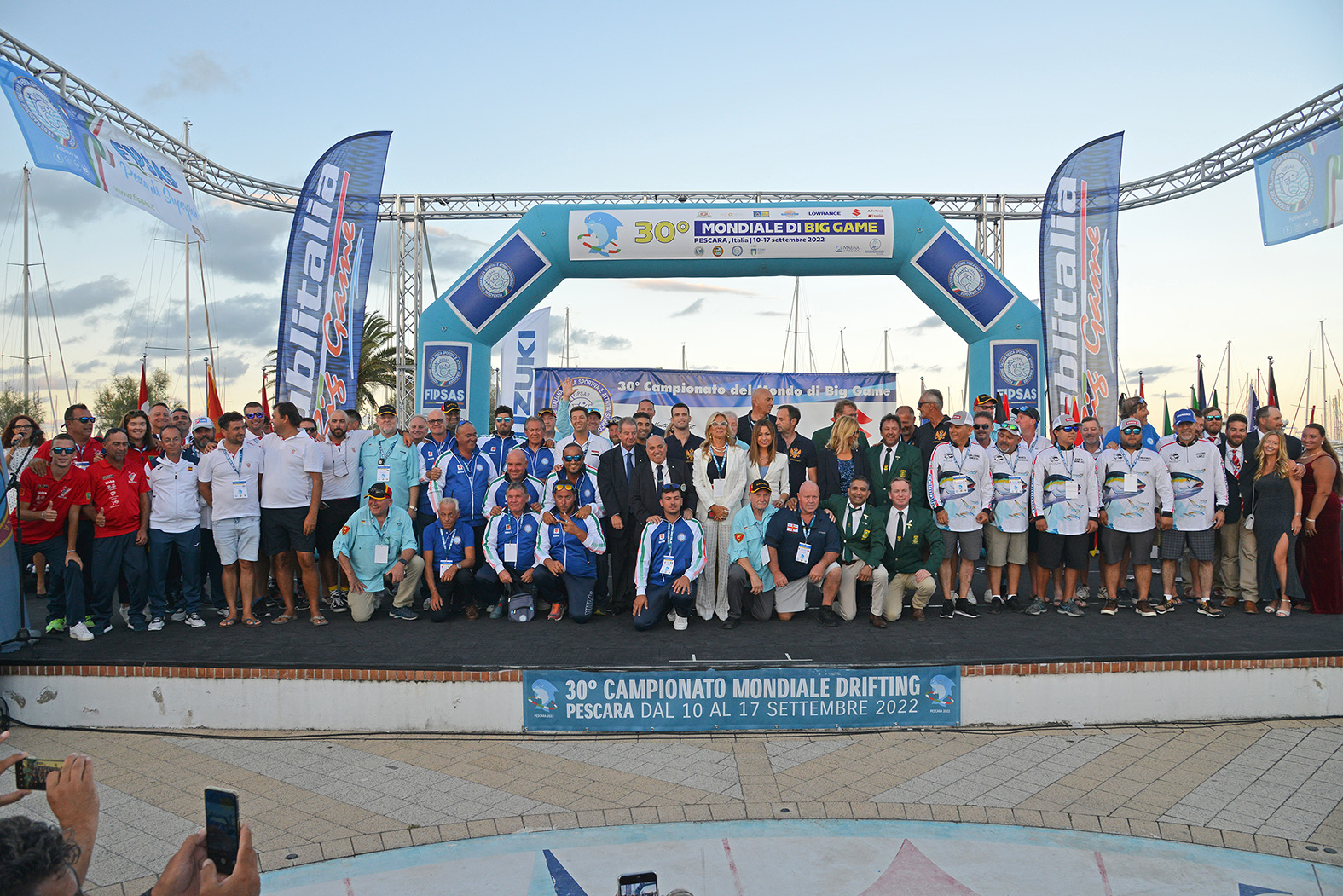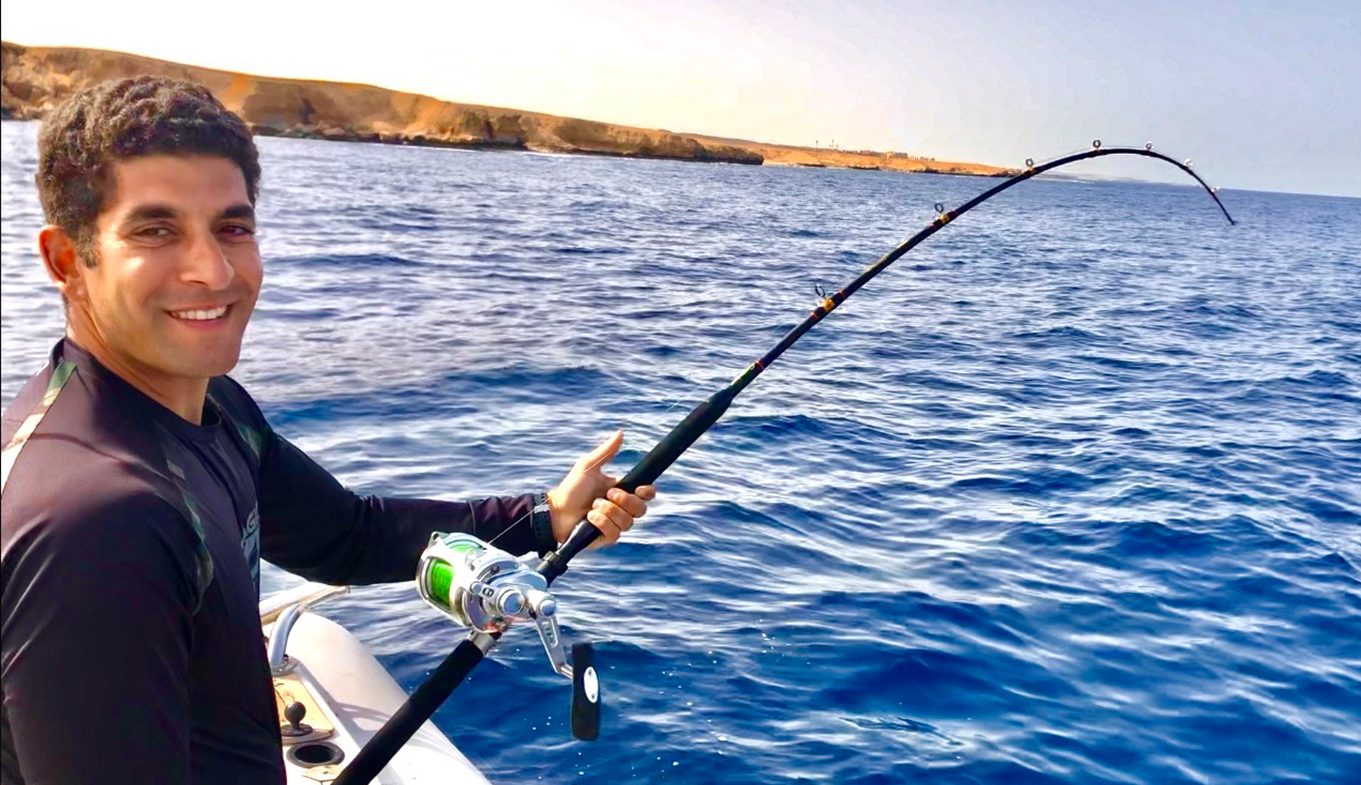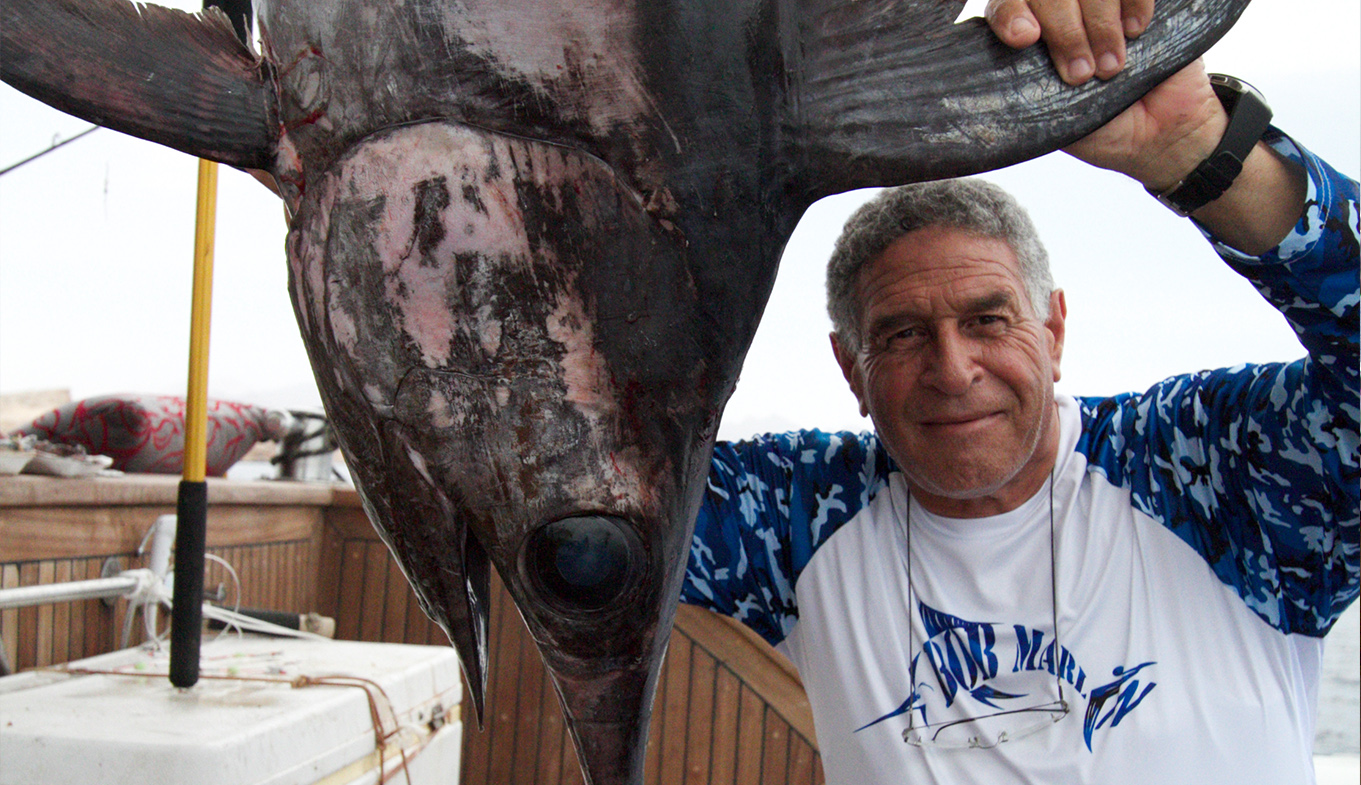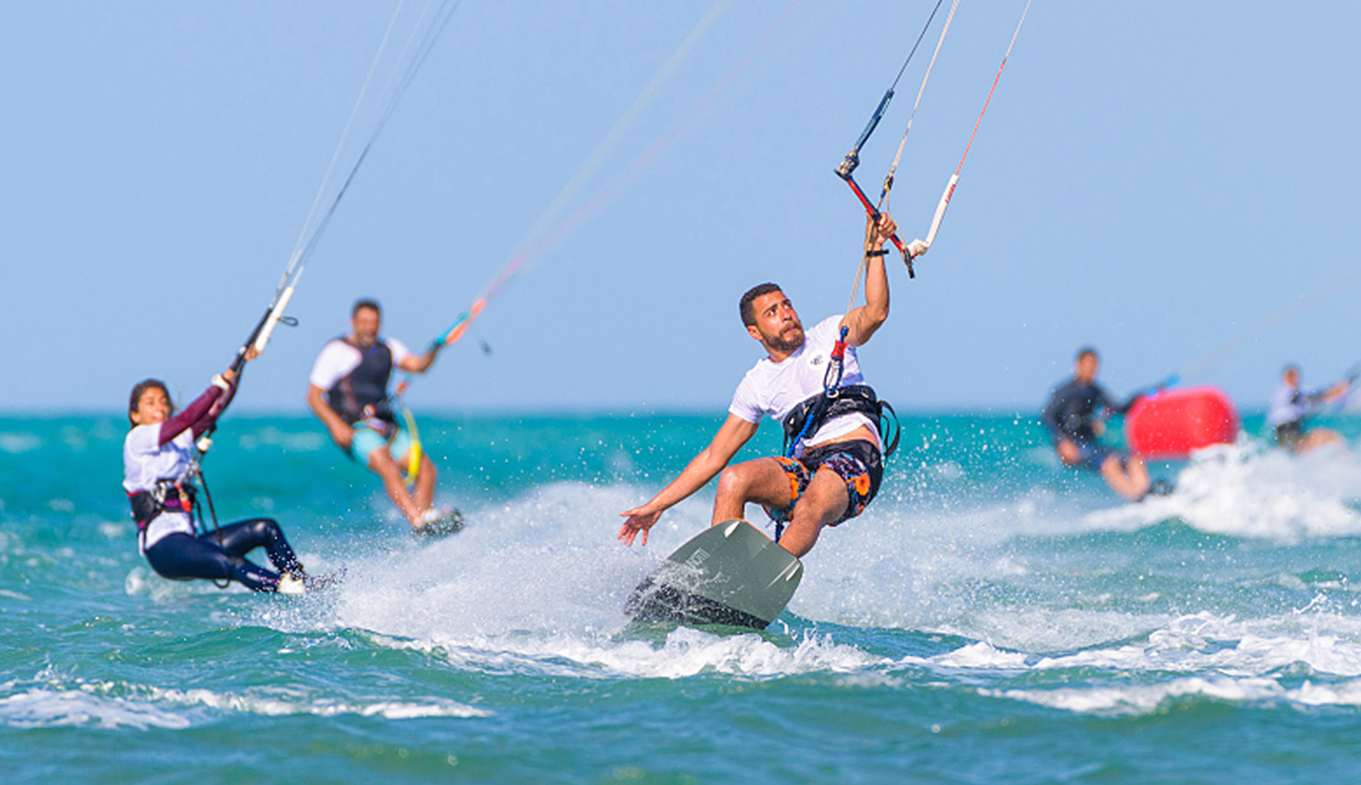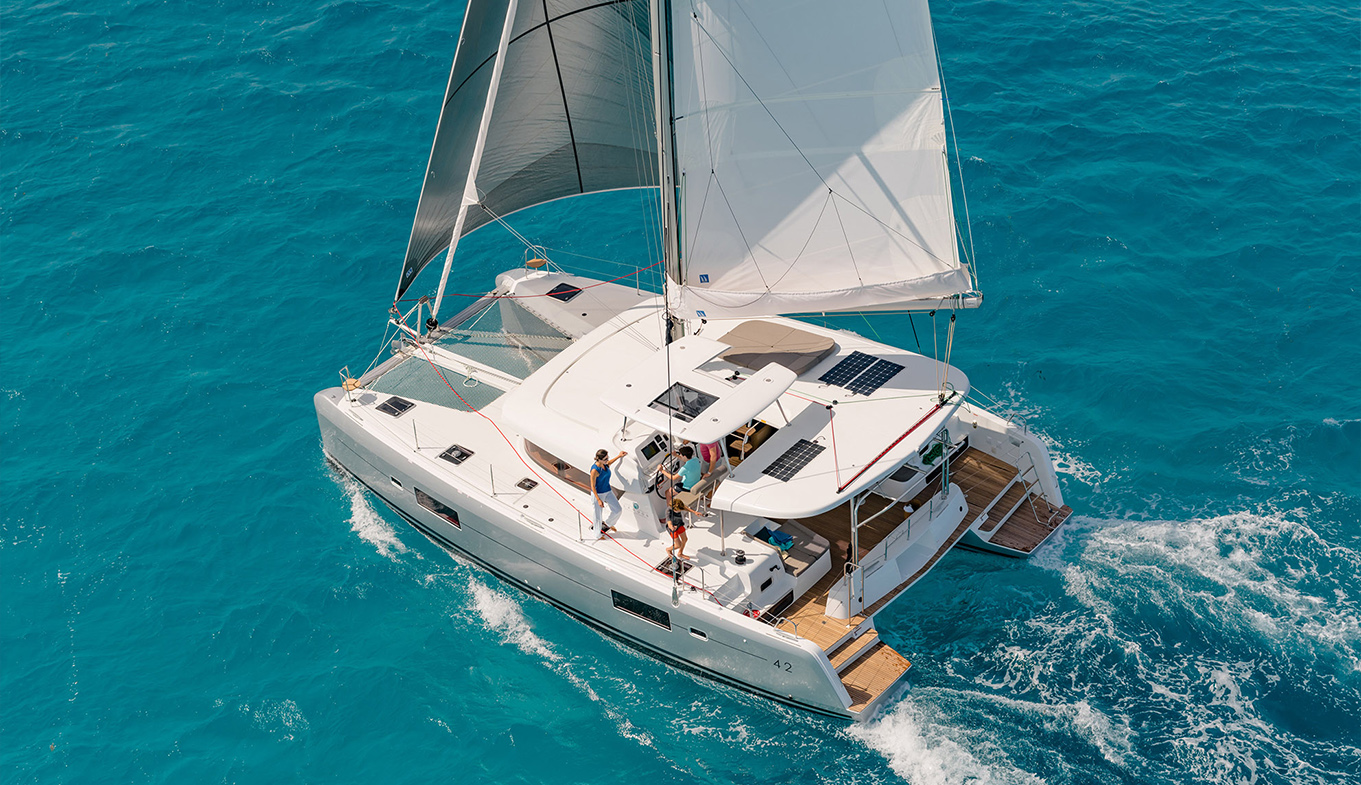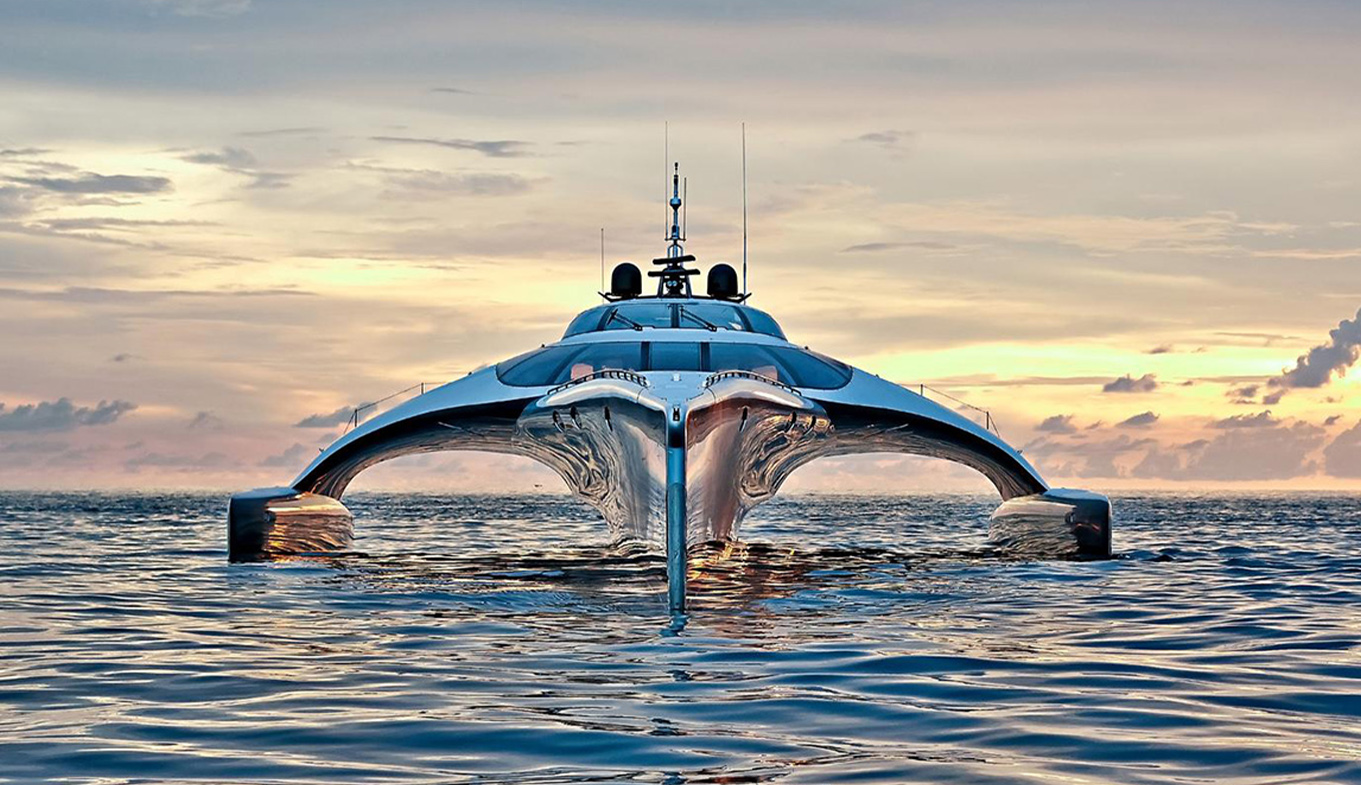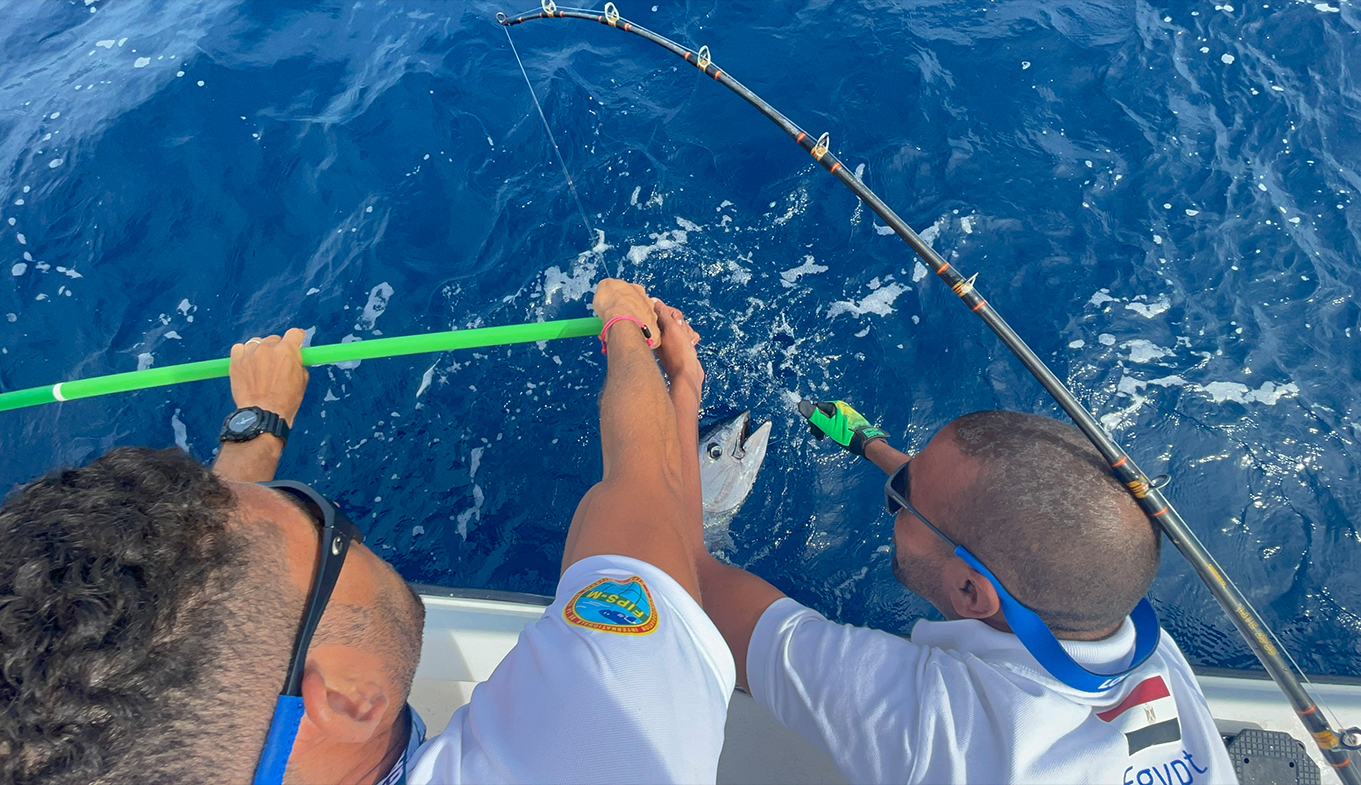The Big Game World Championship: An Underwater Battle
Egypt participated in the 30th Big Game World Championship that was held in Pescara, Italy.
For those who are interested in fishing, nothing gets more significant than participating in the World Championship. Many would be surprised to know that Egypt has an active federation called the Egyptian Angling Federation and that fishing is indeed a sport. Try catching a Bluefin Tuna, Giant Trevally, or an Amberjack, and you’ll relate.
So, what happens in the World Championship? How does scoring work? It’s quite interesting. First thing, each country can participate with two teams, for example, Egypt A and Egypt B, where each team consists of a maximum of 4 anglers. Tournaments are usually species oriented, which means that each team gets points on specific species they catch, so not all fish caught are counted. In addition, tournaments impose specific angling techniques (drifting, anchored, trolling). The 30th Big Game World Championship was an anchored tournament, which means boats have to anchor before 8 AM and cannot relocate until the ‘lines out’ is called in the VHF.
A total of 18 teams competed at the World Championship including Egypt, Spain, Italy, Portugal, England, Slovenia, Croatia, Montenegro, South Africa, and Germany. The tournament fishing days are 4, consisting of one training day and 3 official tournament days, the tournament is valid after competing for at least 1.5 days, depending on the weather conditions.

Team Egypt consists of Thomas Azzer (Head of Delegation), Essam Elwy (Angler), Tarek Ziad (Angler), Karim Wahid (Angler), and Omar Khalifa (Angler). Our team is very experienced when it comes to Tuna fishing; as some of you might be aware, Egypt has plenty of Tuna. We have Yellowfin Tuna in the Red Sea which migrate from the South to the North and back. The season starts in December and till the end of March, and we have Bluefin Tuna in the Mediterranean, with a heavy presence in Ras El Bar, Damietta. In addition, our team won several National championships and three of the team members are IGFA World Record Holders (Omar Khalifa, Tarek Ziad, and Karim Wahid). It’s also worth mentioning that in 2021, Omar Khalifa was one of the top IGFA World Record performers worldwide; to date, he has 8 IGFA World Records under his name.
What makes this tournament special, and technically challenging, is the line class that teams are obliged to use. Having a fair fight with a fish means there’s a 50-50 chance to land it. However, as the line class (the line the angler uses to catch the fish) goes weaker, the equation becomes 70-30 or 80-20 in the fish's favour. There are 11 mainline classes in fishing and they are 130 lb, 80 lb, 50 lb, 30 lb, 20 lb, 16 lb, 12 lb, 8 lb, 6 lb, 4 lb, and 2 lb. This World Championship line class was 30 lb, which means anglers need to fight a 130 lb Bluefin Tuna on a 30 lb line, which gives a big advantage to the fish given the weak drag, which carries a big risk in breaking the line while fighting the fish.
The scoring system is as follows, each day you have a ranking. For example, if on day 1 your team ranked 5th, on day 2 your team ranked 3rd, and on day 3 your team ranked 8th, this means that your team has a cumulative of 16 points, so the lower points you get, the higher the chances your team has to win. Another factor is the length of the fish; each team is given a measuring stick that you have to clip in the line so it goes parallel to the fish and checks the length. Each colour represents different points, this is used to measure the fish while in the water for a quick release after measuring it.
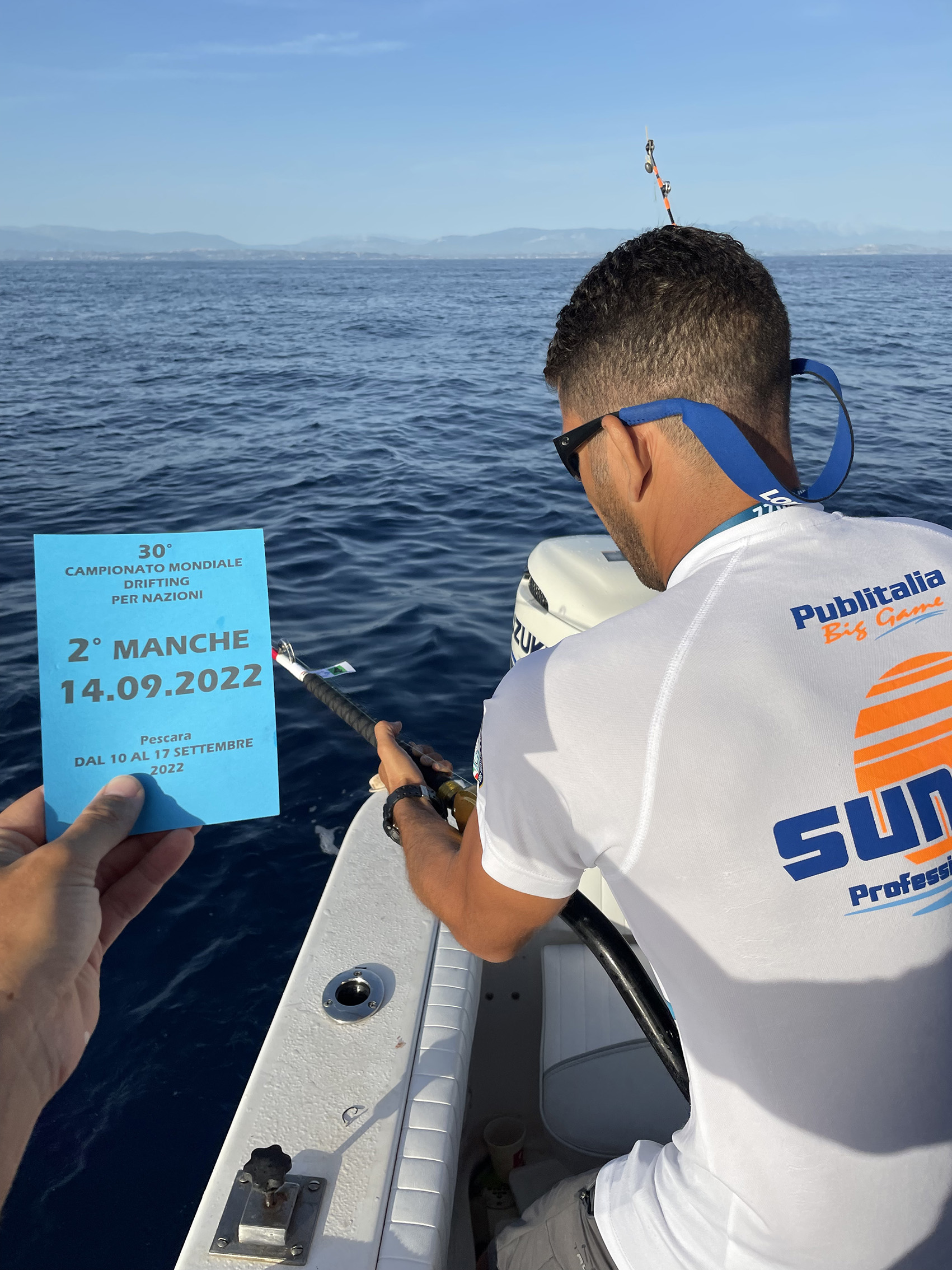
Usually, the home team has a big advantage due to the location knowledge. Other teams in the same region also have an advantage due to the proximity of the fishing area. Teams from other areas usually go a week before the tournament to test the waters and get familiar with the overall conditions.
The first day was unfortunate as the Egyptian team didn’t get any strikes. However, the second day was a rollercoaster of emotions. The first strike happened around 8:30 AM with Omar fighting a Bluefin Tuna that unfortunately went around the anchor rope which meant Omar had to loosen the drag so that the friction doesn't cut the line, the fish took 600 metres of the line until the team was able to get around the anchor rope by manoeuvring the boat. Omar kept fighting the tuna until he had 570 metres of line, which meant the tuna was pretty close until it, unfortunately, de-hooked itself, which was a big heartbreak especially after fighting the fight successfully and overcoming the obstacles for two and a half hours. Right after the team lost the fish, they hooked another one right away, and fortunately, Essam Elwy was able to reel in the fish and release it after taking the length measurements… persistence paid off.
Although the tournament had very few fish strikes, the Egyptian team competed and was in the top 10, thanks to the Bluefin Tuna caught by Essam Elwy during the second day of the tournament.
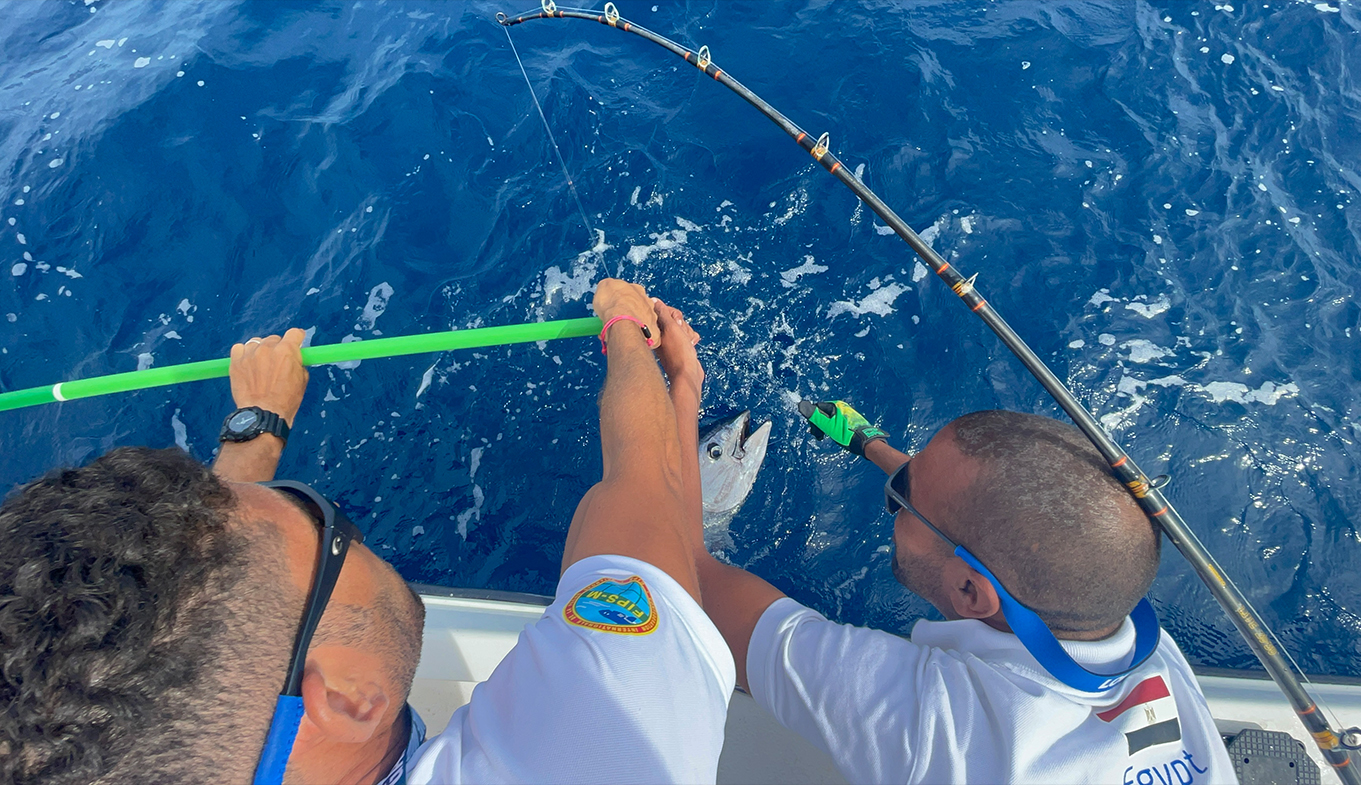
Unfortunately, the third day was a scandal. In these tournaments, every day can drastically change the scoring, so no matter what you do in the first two days, the third and final day is always a decisive one. With Italy leading after the second day, it was suggested to cancel the last day of the tournament due to ‘bad weather’. The teams argued against this suggestion so they recommended that the captains of the 3 teams go out to the sea and decide whether the day is suitable for fishing or not. The 3 teams were Egypt, Spain, and Germany, and the vote was for continuing the tournament normally and if in any case, the storm came, they could call it off. The tournament judges then went ahead and ordered all boats to the sea towards the meeting point, and after waiting for 20 minutes for the countdown to start— when the weather conditions were pretty good— the judges suddenly ordered all boats to come back because there was a ‘storm’ approaching the area which never really happened; the weather was just perfect. This meant Italy won the tournament a day short, which is completely unfair to all participating teams. The teams then gathered and submitted an official complaint to the FIPS-M, awaiting their action so that these situations should not happen again in the future.
The next Big Game World Championship is in Senegal in 2023, hopefully then Egypt will participate and luck will be on our side.
